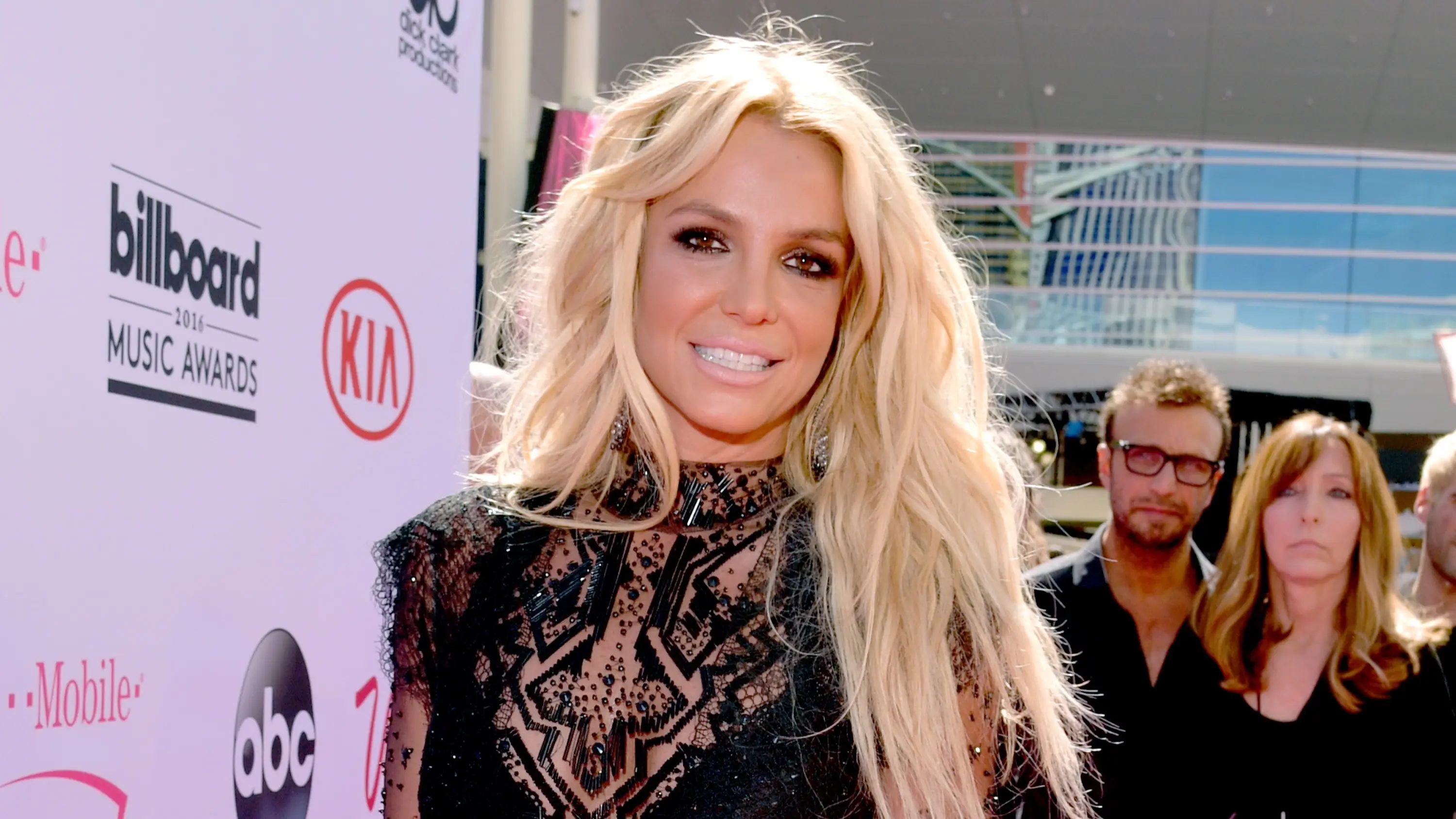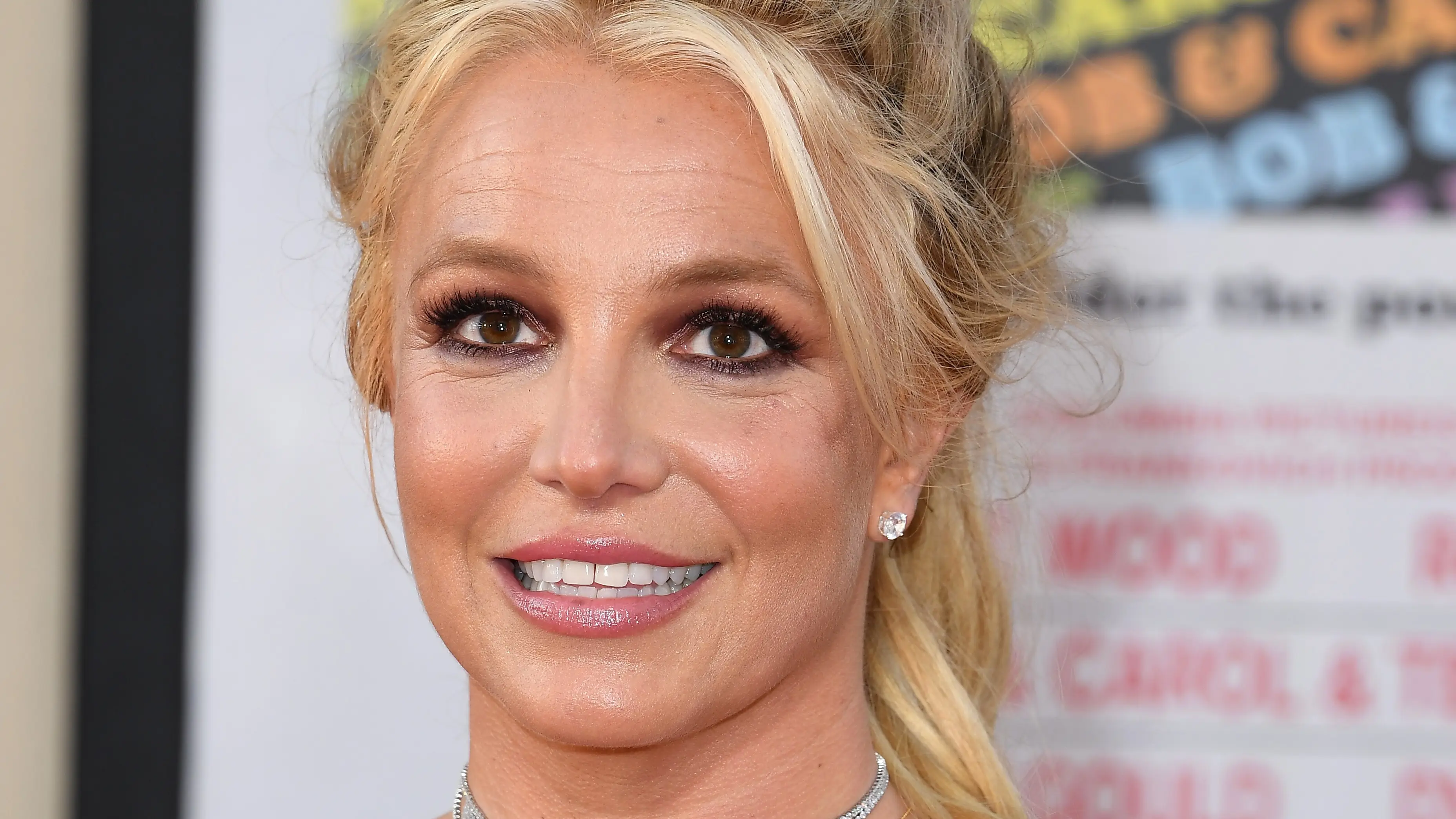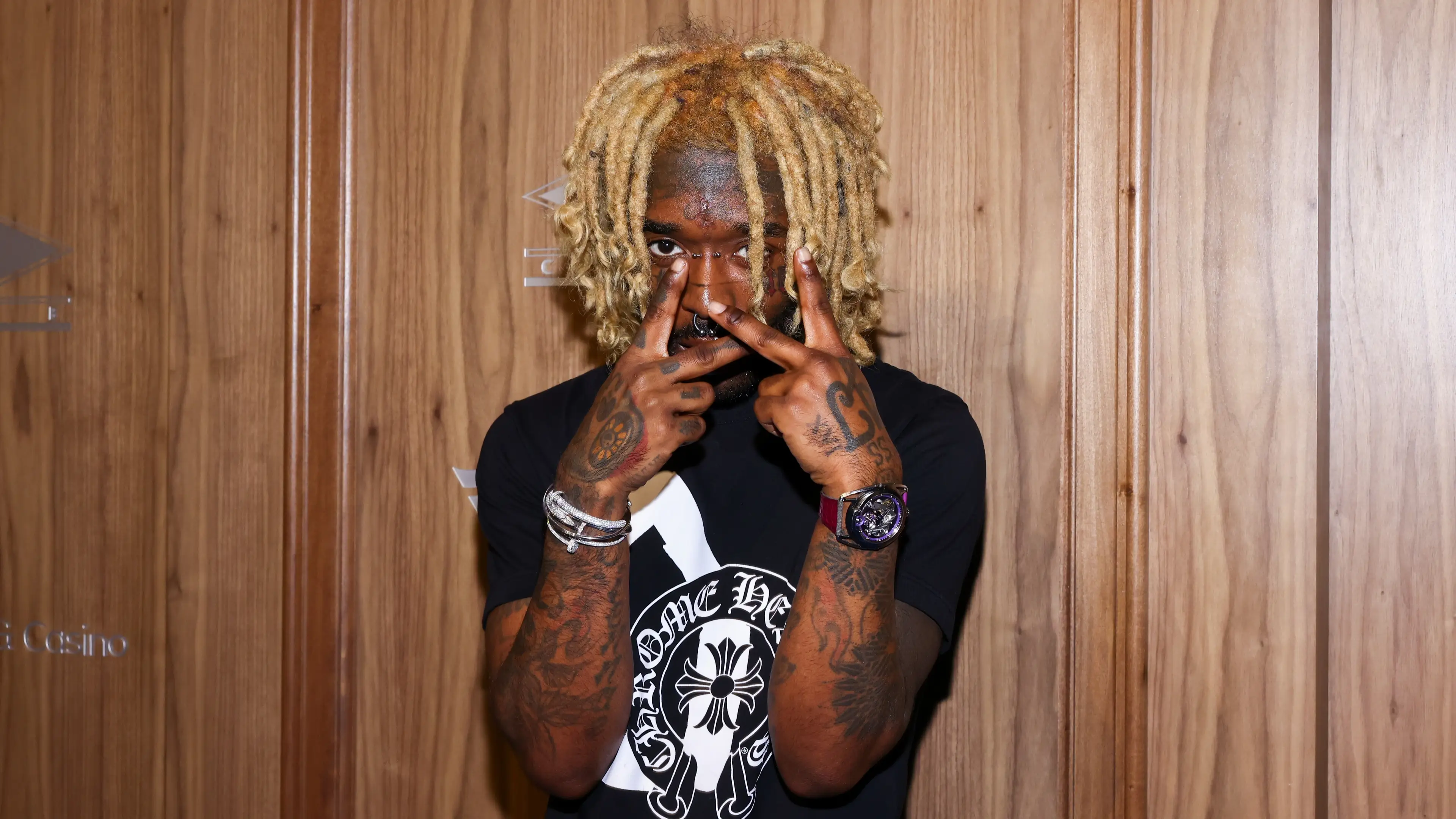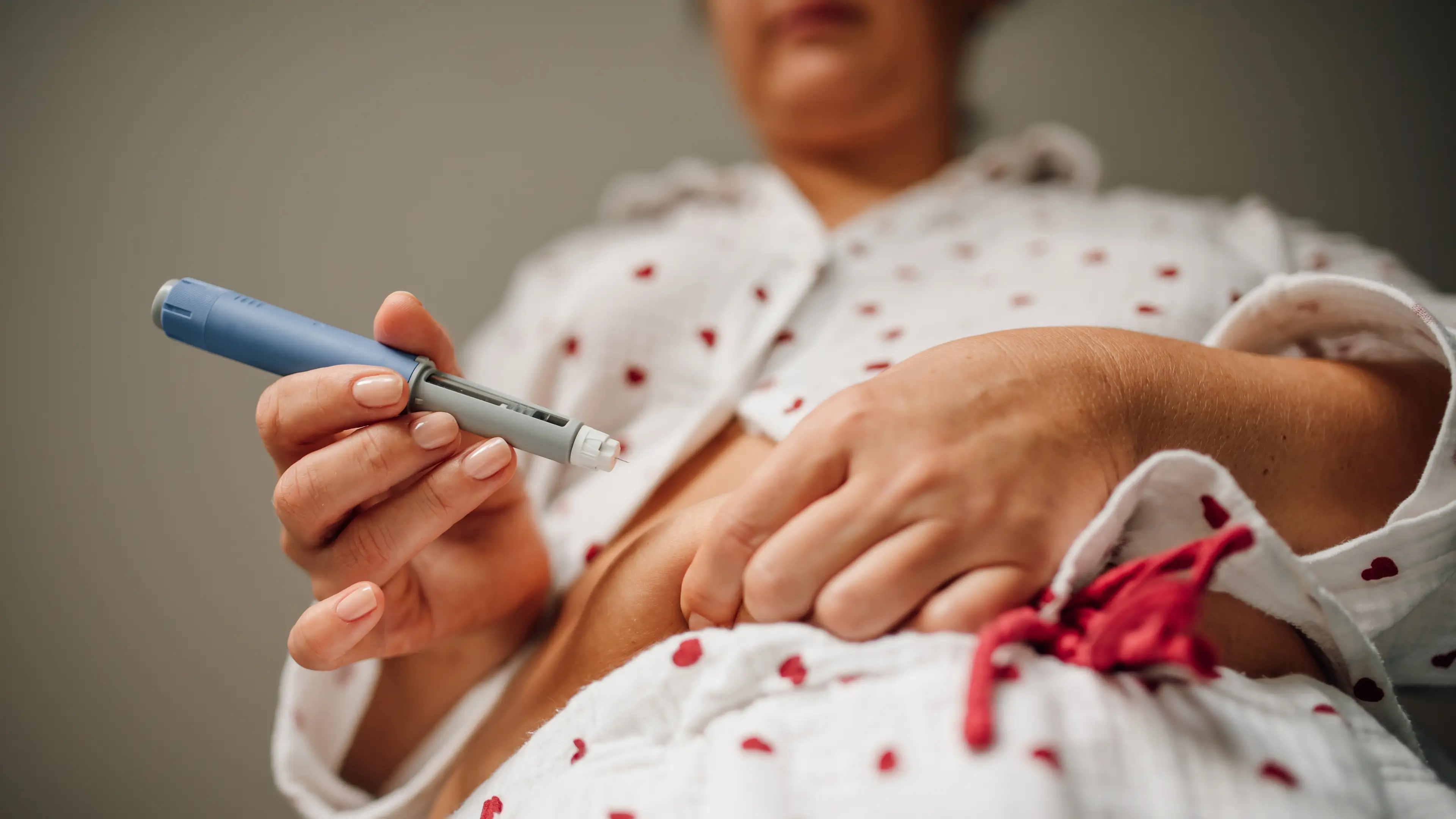
Today


Using a groundbreaking muscle loss treatment with GLP-1 drugs like Mounjaro and Wegovy can counteract a major side effect of losing weight

Behar explained that someone's name might appear for a variety of reasons

Nancy Guthrie has been missing since January 31

Dubai influencers posting content of Iran war could face years in prison for breaking important rule
Influencers could find themselves in hot water for talking about what is happening

The Traitors Season 4 wasn't Maura's only experience with 'that kind of guy'.

Senator Elizabeth Warren argued that the president hasn't given 'a single clear reason for this war'

These are the 'only two countries that would survive' if World War 3 broke out using nuclear weapons
Nuclear armageddon would see crops fail around the world and billions dead, but there are two countries where you could ride it out

Well, it looks like the war could go on a bit longer...

The 'Baby One More Time' singer was placed in handcuffs by the California Highway Patrol

Vicki Purdey mistook the infection for something else

People certainly had a thing or two to say about the ceremony

The singer's West End Girl tour featured a receipt dress...

The Too Hot to Handle star has said he is 'smooth' down there after getting botox injections

The X-Files star is just as iconic as her roles.

Olympic figure skater Alysa Liu issues plea to fans after being met by crowd with cameras at airport
'Please do not do that to me'

Passengers on cruise ships may hear a number of nautical terms they don't understand, but below deck the crew are talking their own language

The ongoing conflict has already caused a dramatic hike in gas prices

Rex A. Heuermann is set to stand trial for the killings of seven women

She and husband Benny Blanco lifted the lid on her life with bipolar disorder

Lil Uzi Vert wants to put the 10-carat diamond back in their head, despite having fans literally try to rip it from their skull

Millions of Americans are taking GLP-1s for weight loss and many others are considering trying them

A round of applause, please.

The 25-year-old passed away on February 2026 while filming the Discovery Channel show







